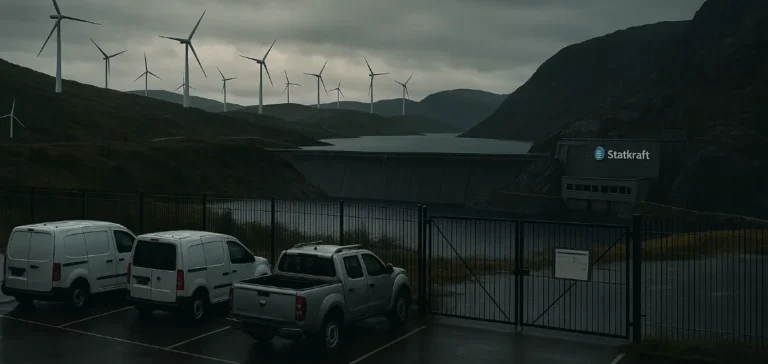Statkraft, the Norwegian state-owned enterprise and Europe’s leading renewable energy producer, announced a major initiative aimed at cutting operational costs by 2027. The stated objective of this strategy is to maintain the long-term financial viability of the group, impacted by high inflation, increased financing costs, and persistent uncertainty regarding energy prices.
Measures that could affect employment
The company specified that staff reductions could begin as early as the second half of this year, although the exact scale of these job cuts remains to be determined. Statkraft stated further details regarding the measures would be provided by year-end. This move comes amid increasing financial pressures affecting various European players in the energy sector, particularly specialists in renewable energy. Prolonged inflation along with broader economic uncertainties compound the challenges these companies are facing.
A European trend of rationalisation
This development fits within a broader trend observed across the European energy sector. SSE Renewables, a British renewable energy specialist, recently announced a reduction in its workforce of around 10%, representing 148 positions, while suspending several wind and hydro projects. SSE cited challenging market conditions necessitating a refocus on value creation rather than volume expansion. Similarly, Harbour Energy also implemented a 25% reduction in its UK workforce this year, highlighting the impacts of an exceptional tax on profits and decreasing investments in the North Sea.
Signals of strategic adaptation
Observers of the energy sector interpret these recent developments as initial signals of a wider strategic adjustment by European energy firms, compelled to adapt to a more demanding investment environment. Statkraft, although its announcements are preliminary, could be initiating the company’s most significant strategic repositioning in over ten years. This move reflects broader industry awareness regarding the necessity of rigorous cost management in the capital-intensive landscape inherent in renewable energy development.
The coming months may therefore reveal more similar announcements, as European companies finalise their investment plans for the coming years in a complex economic environment. Such announcements will be closely watched by market participants and financial analysts aiming to identify future strategic directions of Europe’s major energy producers.






















